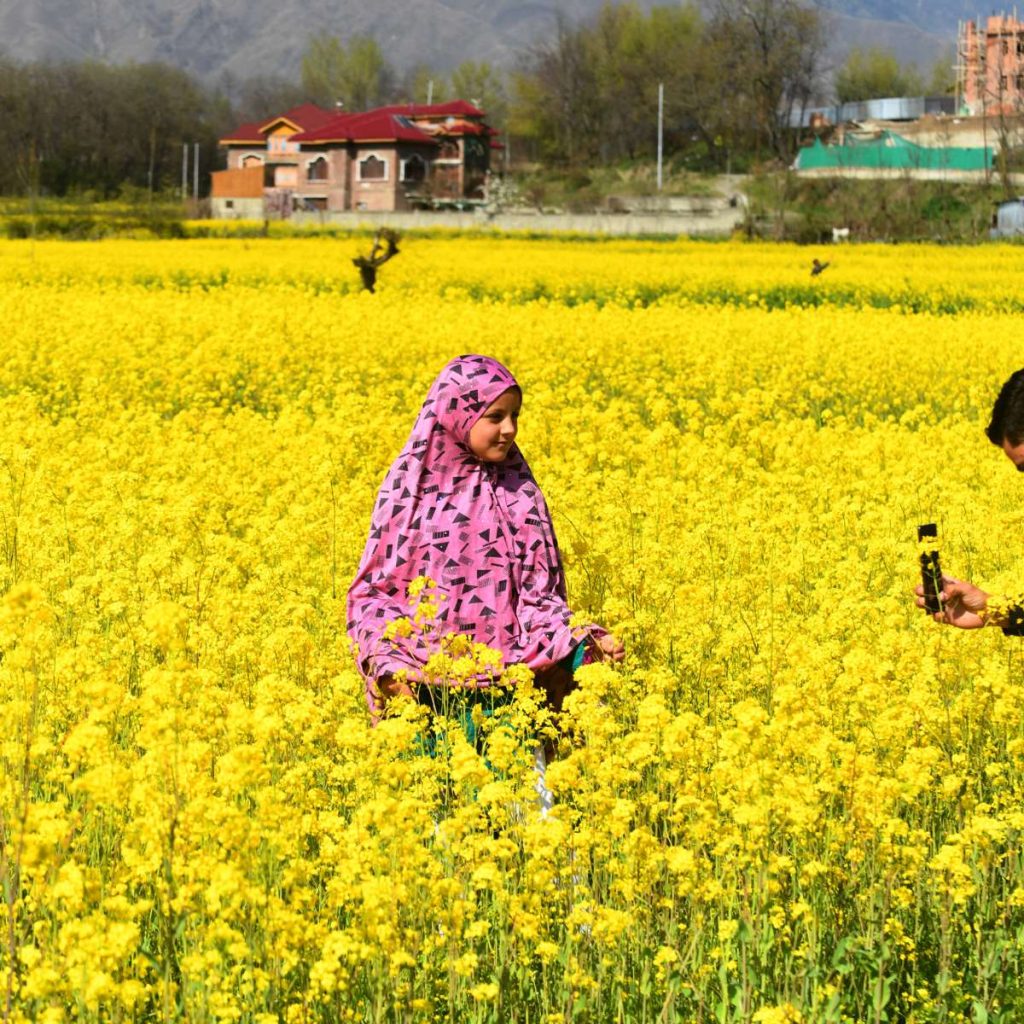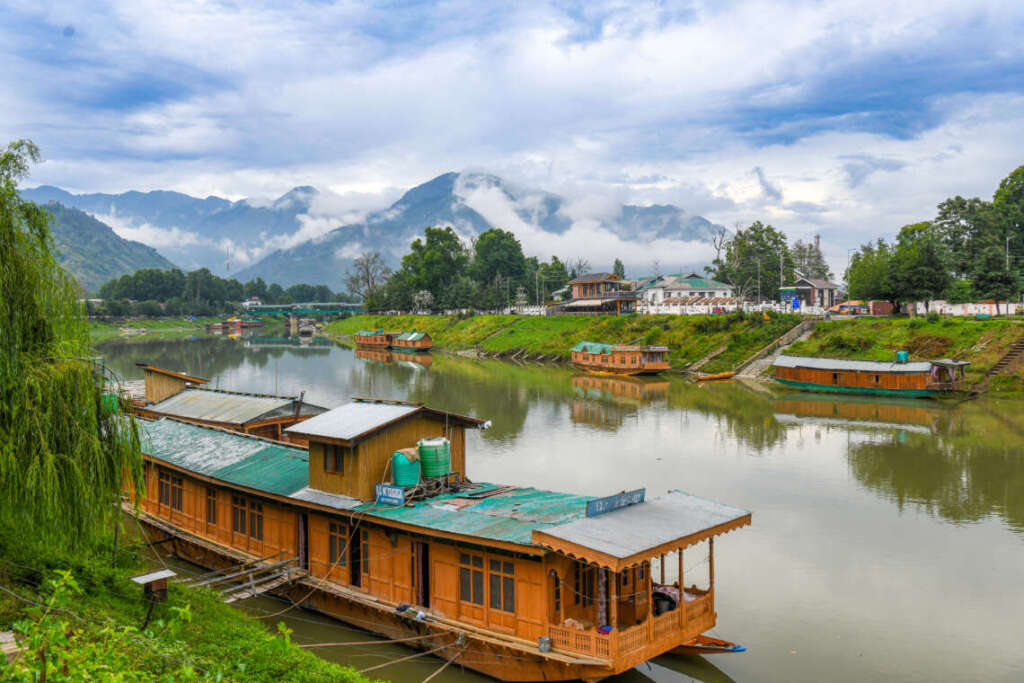The developments suggest that Kashmir’s post-abrogation journey is not merely political – it is profoundly social, economic, and cultural….writes Shashikant Trivedi
Six years after the abrogation of Article 370, Jammu and Kashmir is undergoing a multidimensional transformation that defies its turbulent past. From start-up acceleration to cultural revival, the region is scripting a new narrative – one rooted in economic inclusion, infrastructural modernisation, and civic empowerment.
At the heart of this shift is the Jammu and Kashmir Start-up Policy 2024-27, launched by Lieutenant Governor Manoj Sinha at the Avinya Startup Summit in March 2024. The policy aims to establish 2,000 start-ups by 2027, with 837 ventures already registered, including 302 led by women.
A Rs 250 crore venture capital fund, with an initial infusion of Rs 25 crore from the UT administration, has been announced to catalyse innovation in agri-tech, handicrafts, and digital services.
Kashmir’s handicraft industry, long burdened by counterfeit imports and market isolation, is experiencing a digital renaissance. Platforms like Kashmir Box have enabled artisans to reach global audiences.

Recent crackdowns on fake GI-tagged goods, including carpets and pashmina shawls, have restored consumer trust, with traders demanding stricter enforcement and public verification mechanisms.
Businesses are thriving, with renewed interest in traditional crafts such as Pashmina, Sozni embroidery, and walnut wood carving, many of which now carry GI certification.
Infrastructure development under the Srinagar Smart City Project, approved in 2017 and overseen by Srinagar Smart City Limited (SSCL), has redefined urban life through smart roads, sanitation upgrades, and digital governance tools.

Tourism has surged, with houseboat owners and heritage guides reporting record bookings, aided by enhanced connectivity and the beautification of riverfronts like the Jhelum Bund, where a Rs 68.02 crore Detailed Project Report (DPR) was approved for embankment restoration and ghat illumination.
Since 2019, the region has received investment proposals worth Rs 1.63 lakh crore, with over 8,300 applications submitted, spanning sectors from hospitality to horticulture. However, actual investments stand at Rs 10,516 crore as of early 2025.
In rural Kashmir, agri-tech start-ups such as Qul Fruitwall, founded by Khuram Mir, are modernising agriculture with IoT-based soil monitoring, drone-assisted crop management, and digital supply chains.
Qul recently secured Rs 60 crore in global institutional funding and serves over 5,000 farmers. The new domicile law, introduced in 2020, has granted certificates to over 25,000 individuals, enabling access to land rights, government jobs, and welfare schemes.
Educational reforms are also underway. Kashmiri has been introduced as a compulsory subject in schools up to Class 10, though implementation gaps remain due to a shortage of trained teachers.
Meanwhile, the University of Kashmir has expanded its offerings in regional literature and cultural studies, including interdisciplinary research through the Institute of Kashmir Studies and the Centre of Central Asian Studies.
Together, these developments suggest that Kashmir’s post-abrogation journey is not merely political – it is profoundly social, economic, and cultural.














